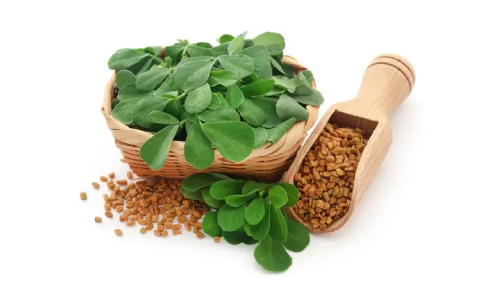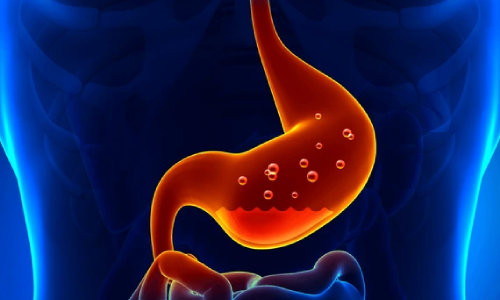Ayurveda is a traditional system of medicine that incorporates the offerings of nature to help people heal. Ancient Ayurvedic texts have mentions of an array of herbs that help treat different health conditions. Ativisha is one of them. The plant is known for its amazing medicinal properties and is especially used to treat diseases… Continue reading Health Benefits of Ativisha
Health Benefits of Ativisha









